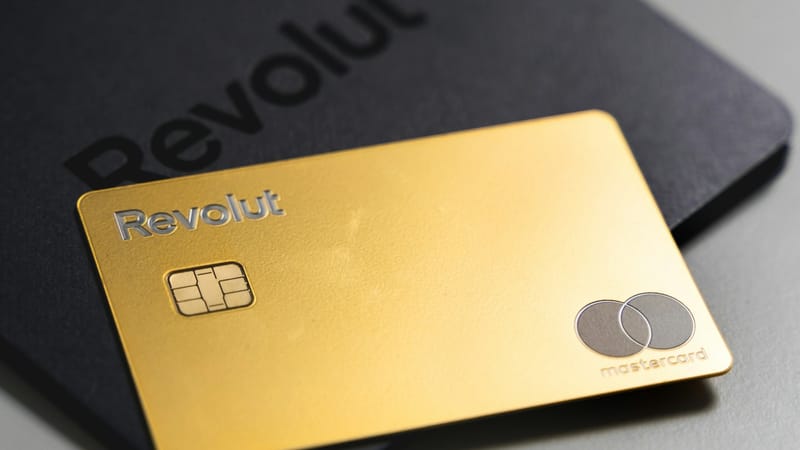Starlink is planning to bring satellite internet directly to mobile phones
Starlink, the Space X-owned satellite internet service with over 2 million customers in more than 60 countries, is bringing the service directly to mobile phones. According to its website, Starlink is working on a Direct to Cell service that promises connectivity to existing LTE phones ‘wherever you can see the

Starlink, the Space X-owned satellite internet service with over 2 million customers in more than 60 countries, is bringing the service directly to mobile phones.
According to its website, Starlink is working on a Direct to Cell service that promises connectivity to existing LTE phones ‘wherever you can see the sky.’
While there isn't major competition for the service yet, even though Amazon has launched a duo of low-orbit internet satellites, priming itself to take on Starlink in the coming years, this is a real example of first mover advantage that could give it a competitive edge.
The upcoming "Direct to Cell" service will require no changes to hardware, firmware, or special apps providing seamless access to text, voice, and data, according to the company. In its initial stages, the service will be limited to text services in 2024, with voice and data functionalities scheduled for 2025. It will also support IoT devices, expanding its range of capabilities.

Akin to what you can experience today on 4G and 5G devices, this means wherever you are outside you will be able to use your existing LTE phone to tap into the satellite service. An added advantage however is that no matter where you find yourself, be it the desert or the northern pole, without LTE coverage, you will have a direct satellite internet service.
The service is likely to be relatively slow by terrestrial standards, with speeds estimated at between two and four megabits per second, but its true advantage will be in the breadth of coverage, potentially helping the service expand its reach and increase its user base from the current 2 million to tens of millions.
But much like an intriguing teaser, specific details on the launch, pricing, and level of connectivity are currently unavailable. In the meantime, we wait to see what Starlink is offering and how it stacks up against its satellite connectivity rivals.






